Two weeks after the Federal Bureau of Investigation withdrew its legal action against Apple, agency director James Comey on Tuesday said the difficulty of squaring national security policies with consumer privacy rights was the most onerous of his government career.
In February, a federal judge ordered Apple to comply with FBI requests for assistance in accessing an iPhone linked to last year's San Bernardino shootings. The company resisted, saying that doing so would leave millions of similar devices vulnerable to attack, a stance that sparked debate over government rights to digital data access.
Speaking today at Catholic University's Columbus School of Law, Comey opened up about the FBI's brief — but intense — court battle with the world's largest tech company, reports USA Today.
"I'm glad the litigation is gone," Comey said, adding that the "emotion around that issue was not productive." He later said, "Apple is not a demon; I hope people don't perceive the FBI as a demon."
In its case against Apple, the FBI sought access to an iPhone 5c used by San Bernardino terror suspect Syed Rizwan Farook under the All Writs Act, a judicial instrument that grants judges the power to issue orders when all other tools are exhausted. The target device was protected by iOS encryption protocols, meaning Apple would have been forced to invent a software bypass, or exploit, to comply with government requests.
As can be expected, Apple mounted a comprehensive — and very public — rebuttal to the strong-arm tactics, arguing the AWA order amounted to government overreach that violated the company's First Amendment rights. DOJ officials and federal prosecutors, perhaps unwisely, engaged Apple in what amounted to a PR campaign for public mindshare.
One day before federal prosecutors were set to face off against Apple lawyers in an initial evidentiary hearing, the FBI revealed that an outside party had discovered a way into Farook's iPhone, rendering the AWA motion moot.
The FBI is not willing to share the exploit with Apple, but says the technique only works on iPhone 5c hardware and older. For its part, Apple said it will not sue for the information.
While similar U.S. court actions are pending, including a recently failed bid to leverage AWA in Boston, Comey said the DOJ's decision to withdraw in San Bernardino allowed both the FBI and Apple to "take the temperature down."
Moving forward, Comey said the encryption issues brought into play as a result of the court action cannot be resolved by the court system, suggesting a legislative course of action is needed. Comey is now in apparent agreement with Apple CEO Tim Cook, who in February said the complex issue needs to be debated in Congress.
 Mikey Campbell
Mikey Campbell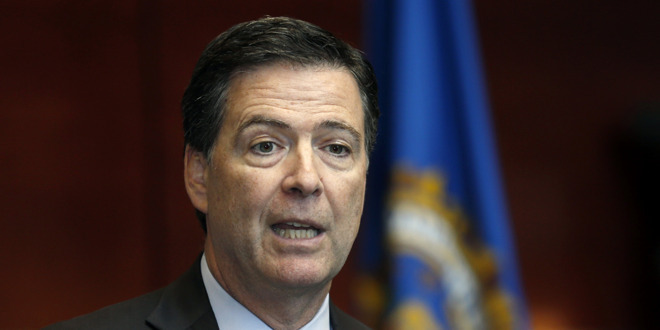

-xl-(1)-xl-xl-m.jpg)


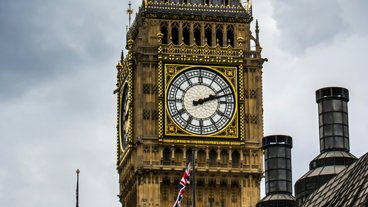


-m.jpg)





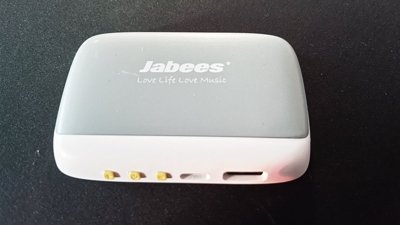
 Amber Neely
Amber Neely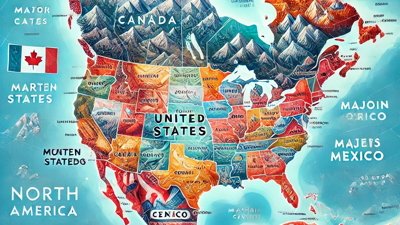
 Wesley Hilliard
Wesley Hilliard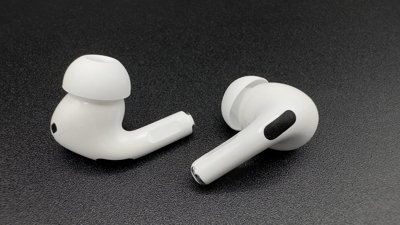
 Marko Zivkovic
Marko Zivkovic
 Andrew Orr
Andrew Orr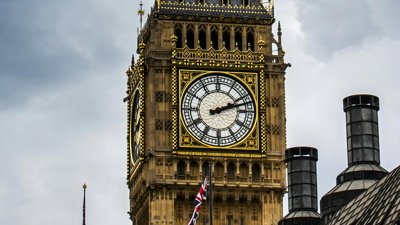
 Malcolm Owen
Malcolm Owen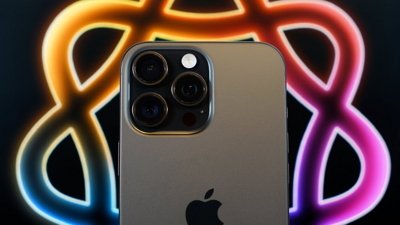

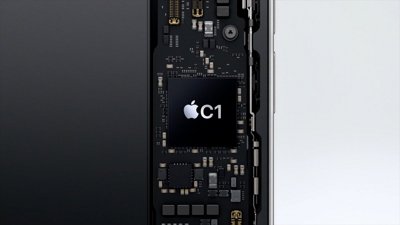
 Andrew O'Hara
Andrew O'Hara






33 Comments
He's a prime example of why people cannot and should not trust their government.
I just read that it was hackers and not Cellebrite that helped the FBI.
fbi unconstitutionally attacks Apple.
Apple refuses and adheres to the law.
fbi starts talking about 'emotions' after suddenly dropping the case the day before law could proceed.
The fbi needs to be disbanded.
Maybe Comey would like help in defecting to North Korea. I am certain he could gain great insight into what happens when a government has absolute control of their citizens with no privacy rights.
The North Korean government would have no compunction in forcing a company to wantonly violate any vestigial right privacy. Comey would feel right at home. Or he could defect to ISIS held territory.
And I would like to purchase a one ticket to Pyongyang for Senator Feinstein. If my own senator supports the notion of placing a backdoor into otherwise secure software, he will lose my vote forever also.